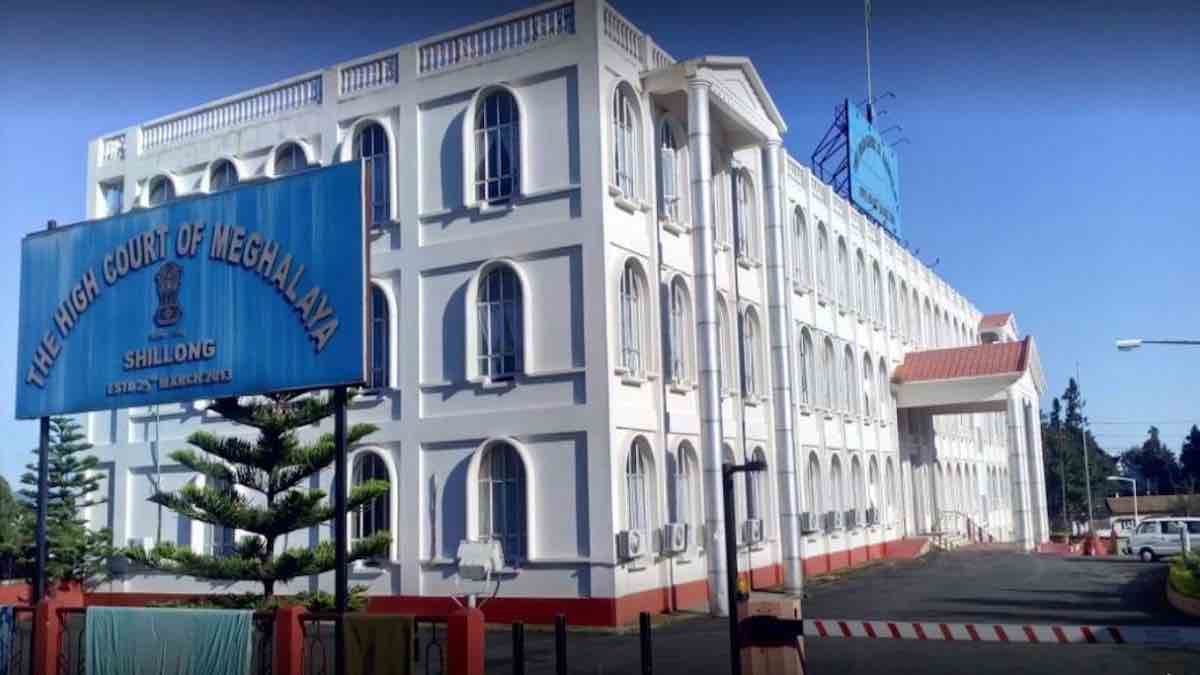In a significant interim ruling, the Meghalaya High Court on Monday held that Aadhaar cannot be made the exclusive identity document for accessing government welfare schemes, directing state authorities to accept alternative forms of identification from individuals unwilling or unable to furnish their Aadhaar number.
A division bench comprising Chief Justice IP Mukerji and Justice W Diengdoh clarified that government departments must also accept other valid identity proofs such as PAN card, voter ID, or passport, especially in schemes like Fee Compensation for Post Matric Scholarship for SC/ST students and financial aid to SC/ST students not eligible for other scholarships.
The interim order came while hearing a public interest litigation (PIL) filed by social activist Greneth M. Sangma, challenging a state government notification dated October 31, 2023, which made Aadhaar mandatory for availing government benefits.
Citing the Aadhaar (Targeted Delivery of Financial and Other Subsidies, Benefits and Services) Act, 2016, the bench noted that Section 7 of the law explicitly provides that in the absence of an Aadhaar number, individuals must be offered “alternate and viable means of identification” for accessing government subsidies and benefits.
“The law does not mandate Aadhaar as the only identification document,” the court observed. “While Aadhaar may be requested for speedy identification, its non-possession cannot be a ground for disqualification.”
The court also highlighted that the Aadhaar Act refers to “residents” and not necessarily “citizens,” defining a resident as someone who has lived in India for at least 182 days in the past 12 months.
The matter has been posted for further hearing on August 12, 2025, when the court will undertake a detailed examination of the Aadhaar Act, its rules, regulations, and relevant judgments of the Supreme Court.




